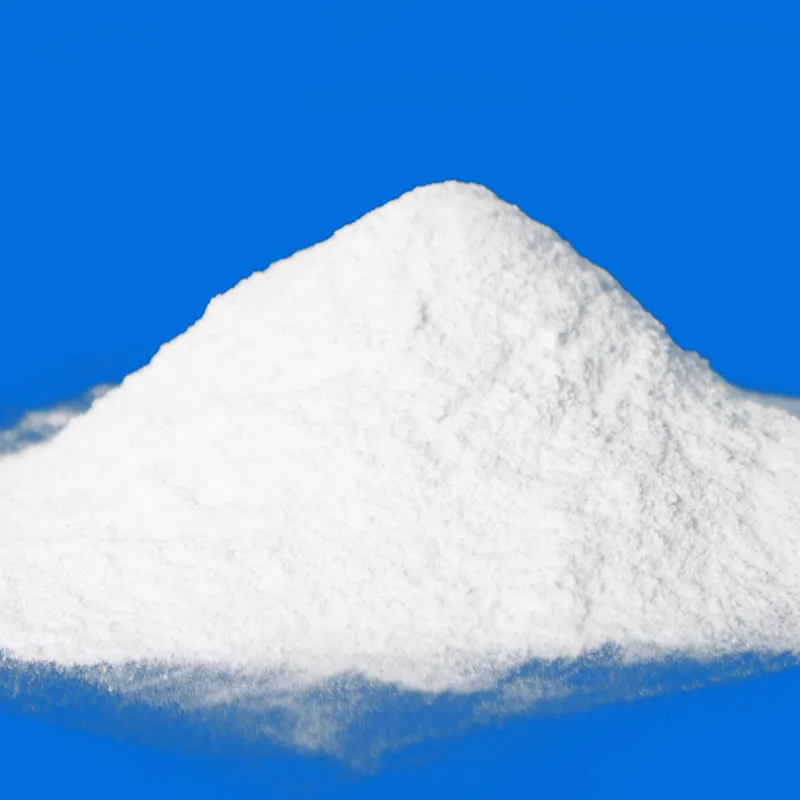
Benefits and Uses of Potassium Sulfate Fertilizer for Plant Growth and Soil Health
The Role of Potassium Sulfate Fertilizer in Agriculture
Potassium sulfate (K2SO4) fertilizer has become increasingly popular in modern agriculture due to its unique composition and benefits for crop production. An essential macronutrient, potassium plays a crucial role in various plant physiological processes, including photosynthesis, water regulation, and enzyme activation. With its dual supply of potassium and sulfur, potassium sulfate fertilizer stands out as an effective source for enhancing plant growth and improving crop yields.
Understanding Potassium Sulfate
Potassium sulfate is a white crystalline salt that is highly soluble in water. Its primary nutrients—potassium and sulfur—are vital for plant health. While potassium is essential for overall growth and development, sulfur is required for protein synthesis, chlorophyll formation, and the production of certain secondary metabolites that enhance plant aroma and flavor.
In agriculture, potassium sulfate is particularly favored for its ability to deliver these nutrients in a readily available form. Unlike some other potassium fertilizers, such as potassium chloride, potassium sulfate does not introduce chloride ions that can be detrimental to sensitive crops, particularly those that are chlorophyll-rich or grown in saline conditions.
Benefits of Potassium Sulfate Fertilizer
1. Improved Crop Quality The application of potassium sulfate has been shown to improve the quality of various crops. With adequate potassium and sulfur, plants exhibit enhanced fruit and vegetable quality, characterizing better flavor, texture, and aroma. This is particularly significant for high-value crops such as fruits, vegetables, and tobacco.
potassium sulfate fertilizer

2. Increased Stress Tolerance Potassium plays a critical role in helping plants manage stress conditions, including drought and disease. When potassium levels are sufficient, plants can better regulate their water uptake, leading to improved drought resistance. Moreover, potassium enhances the plant's overall resistance to disease by strengthening cell walls and activating defense mechanisms.
3. Balanced Nutrient Supply One of the advantages of potassium sulfate is its ability to provide two essential nutrients in one application. This balanced nutrient supply simplifies fertilization practices and reduces the need for multiple applications, thus saving time and labor costs.
4. Environmentally Friendly Potassium sulfate is considered an environmentally friendly option as it does not contribute to soil salinity as some other fertilizers might. This characteristic makes it suitable for sustainable agricultural practices, especially in regions where soil salinity is a concern.
Application Methods
The application of potassium sulfate can be tailored based on soil tests and specific crop requirements. It can be applied through broadcasting before planting, or as a side dressing during the growing season. Foliar applications are also effective, especially for quick nutrient uptake by the plants. The timing and method of application are crucial for maximizing the benefits of potassium sulfate.
Conclusion
In conclusion, potassium sulfate fertilizer plays a pivotal role in modern agriculture, providing essential potassium and sulfur that promote healthy plant growth and improve crop quality. With its numerous benefits—enhanced stress tolerance, improved nutrient balance, and environmentally friendly properties—it is an indispensable tool for farmers aiming to optimize their crop production. As the agricultural industry continues to evolve, potassium sulfate will undoubtedly remain a favored choice for sustainable and efficient farming practices. By incorporating this fertilizer into their nutrient management plans, farmers can contribute to higher yields and better-quality produce, ultimately supporting food security and agricultural sustainability worldwide.
-
Pure Sodium Dichloroisocyanurate Dihydrate | Powerful DisinfectantNewsAug.29,2025
-
Industrial Chemicals: Quality & Purity for Every IndustryNewsAug.28,2025
-
Nitrile Rubber Honoring Strict Production StandardsNewsAug.22,2025
-
Aspartame Ingredients Honoring Food Safety ValuesNewsAug.22,2025
-
Fertilizer for Balanced Plant NutritionNewsAug.22,2025
-
Cyanide Gold Processing with High Purity AdditivesNewsAug.22,2025
-
Formic Acid in Textile Dyeing ApplicationsNewsAug.22,2025
Hebei Tenger Chemical Technology Co., Ltd. focuses on the chemical industry and is committed to the export service of chemical raw materials.
-

view more DiethanolisopropanolamineIn the ever-growing field of chemical solutions, diethanolisopropanolamine (DEIPA) stands out as a versatile and important compound. Due to its unique chemical structure and properties, DEIPA is of interest to various industries including construction, personal care, and agriculture. -

view more TriisopropanolamineTriisopropanolamine (TIPA) alkanol amine substance, is a kind of alcohol amine compound with amino and alcohol hydroxyl, and because of its molecules contains both amino and hydroxyl. -

view more Tetramethyl Thiuram DisulfideTetramethyl thiuram disulfide, also known as TMTD, is a white to light-yellow powder with a distinct sulfur-like odor. It is soluble in organic solvents such as benzene, acetone, and ethyl acetate, making it highly versatile for use in different formulations. TMTD is known for its excellent vulcanization acceleration properties, which makes it a key ingredient in the production of rubber products. Additionally, it acts as an effective fungicide and bactericide, making it valuable in agricultural applications. Its high purity and stability ensure consistent performance, making it a preferred choice for manufacturers across various industries.





